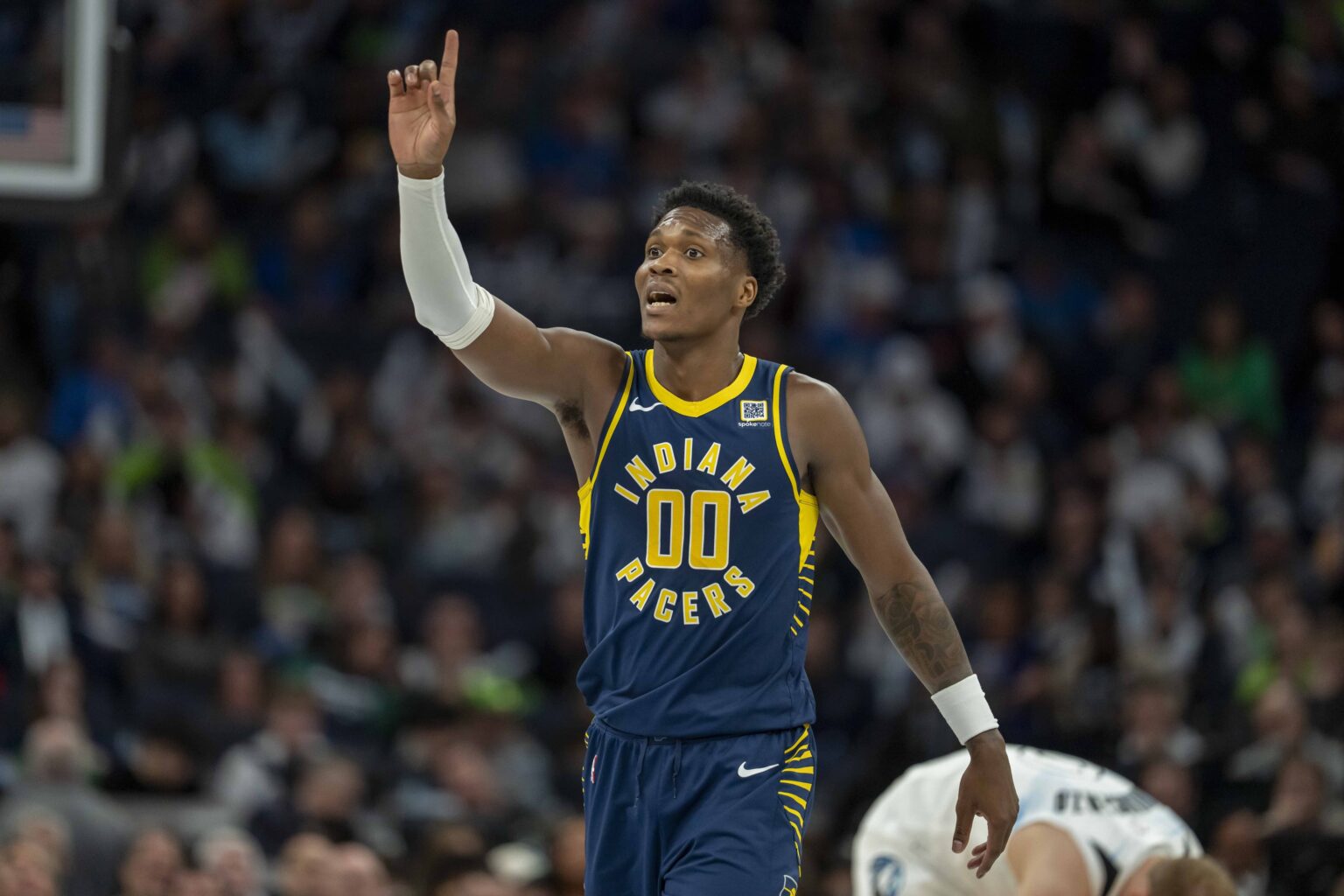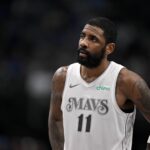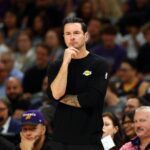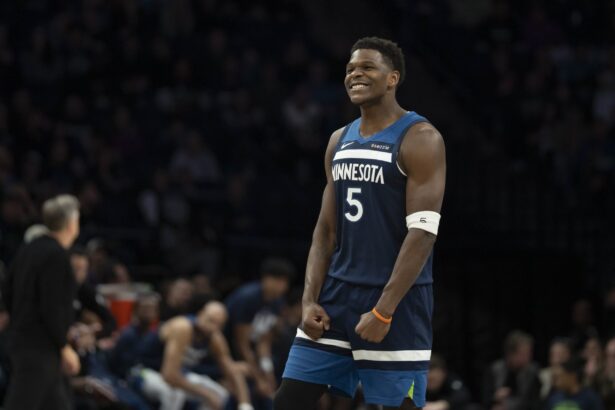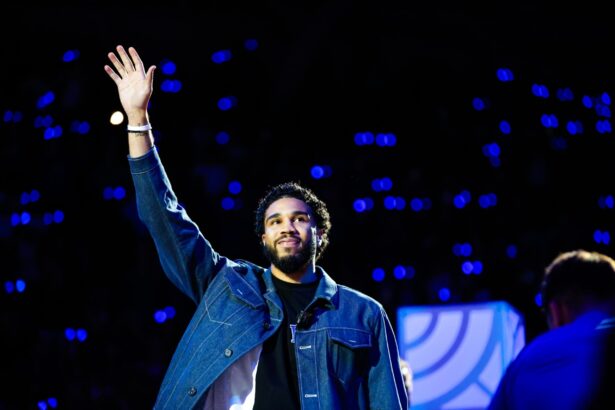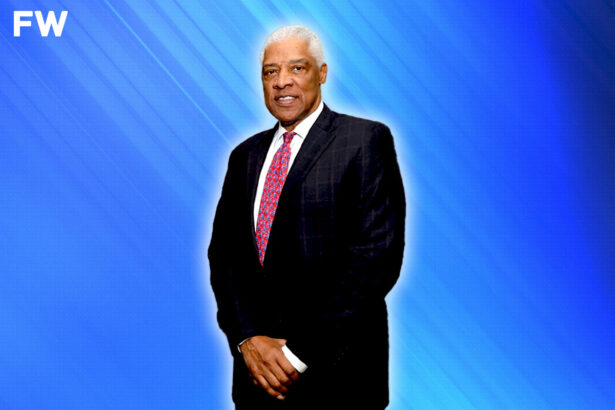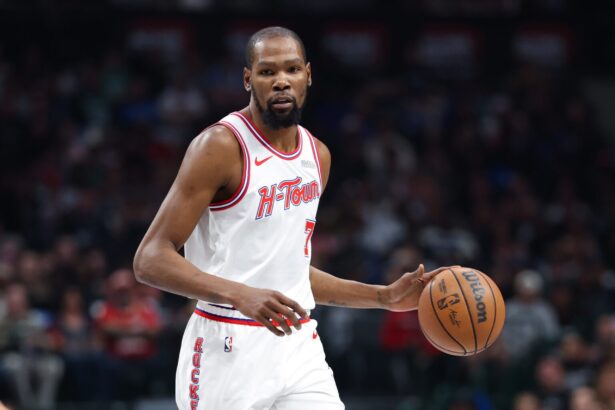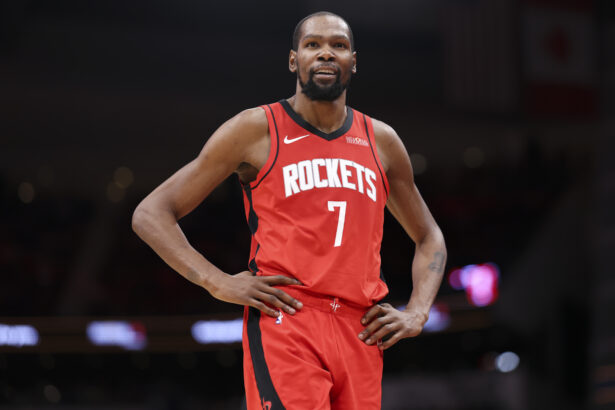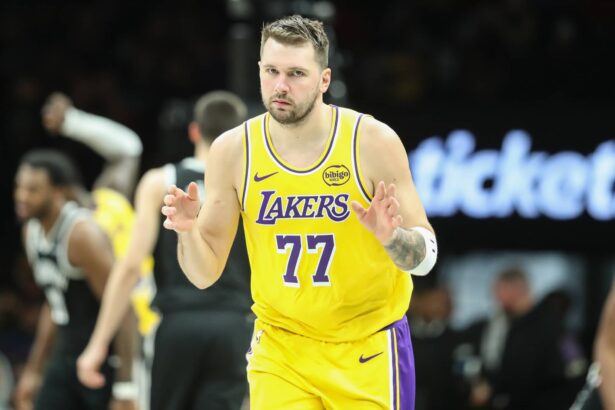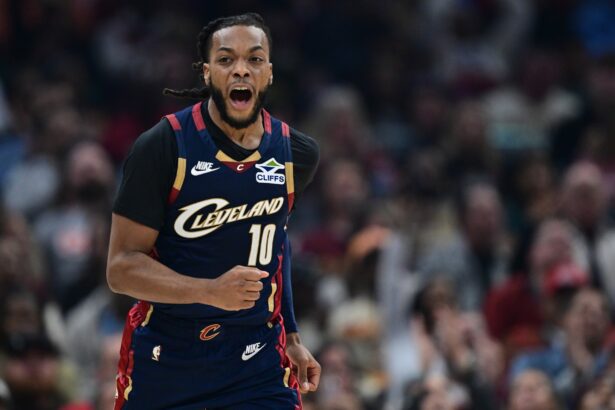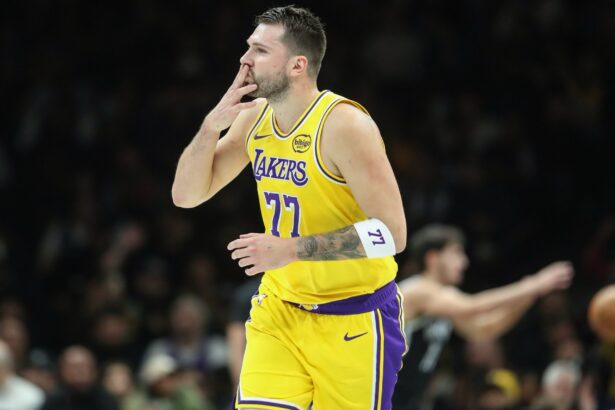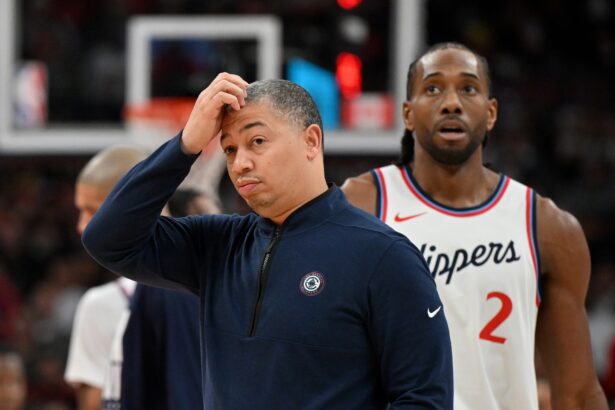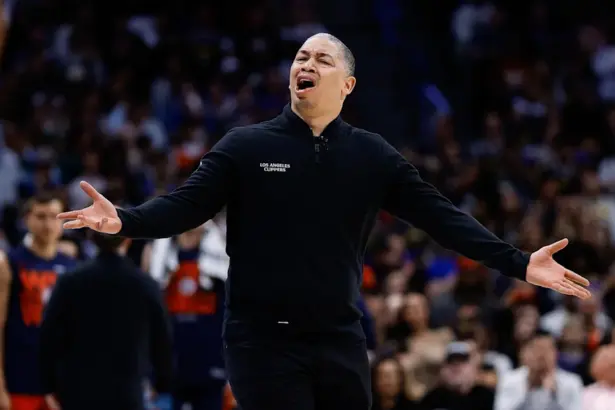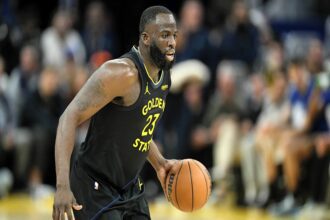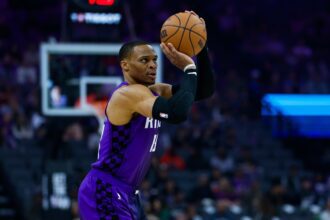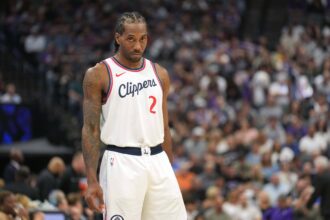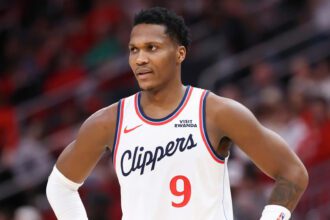The 2025-26 NBA season is just getting started, but next summer’s free agency drama is already taking shape. The rookie extension deadline for the 2022 draft class officially passed on October 20, and twelve young players did not reach agreements with their teams before the cutoff. According to league rules, these players now enter the final year of their rookie deals.
None of them received extension offers, meaning they will only have their qualifying offers on the table, a procedural move that allows their current teams to make them restricted free agents next offseason.
Jaden Ivey – $13.4 million (Qualifying offer)
Bennedict Mathurin – $12.3 million (Qualifying offer)
Jeremy Sochan – $9.6 million (Qualifying offer)
Ousmane Dieng – $9.6 million (Qualifying offer)
Jalen Duren – $9.0 million (Qualifying offer)
Ochai Agbadji– $8.9 million (Qualifying offer)
Mark Williams – $8.8 million (Qualifying offer)
Tari Eason – $8 million (Qualifying offer)
Dalen Terry – $7.7 million (Qualifying offer)
Malaki Branham – $7.1 million (Qualifying offer)
Walker Kessler – $7.1 million (Qualifying offer)
Peyton Watson – $6.5 million (Qualifying offer)
At the top of the list are Jaden Ivey and Jalen Duren of the Detroit Pistons, both seen as foundational pieces during the team’s rebuild. Ivey’s qualifying offer sits at $13.4 million, while Duren’s is $9 million. For years, both players were viewed as key long-term assets alongside Cade Cunningham, but new general manager Trajan Langdon appears to be rethinking the roster’s direction. The lack of extensions suggests that Detroit may be open to reshuffling its young core or at least testing the market before committing significant long-term money.
Another surprising omission came from Houston, where the Rockets opted not to extend Tari Eason, despite his strong two-way play and popularity among fans. Eason’s qualifying offer is $8 million, and given that Kevin Durant accepted a team-friendly deal this offseason to free up cap space, most assumed the Rockets would lock up their young defensive specialist. Instead, Eason now looks likely to test restricted free agency, where his blend of toughness and versatility could attract plenty of offers.
The San Antonio Spurs also made a curious move by passing on an extension for Jeremy Sochan, who has been one of the team’s most dynamic young players. With a $9.6 million qualifying offer, Sochan will be eligible to explore other options next summer, though San Antonio will retain the right to match. The decision hints that the Spurs, now building around Victor Wembanyama, may be preparing for bigger financial commitments down the line and are hesitant to tie up future cap space early.
Other notable names heading into restricted free agency include Bennedict Mathurin ($12.3 million) of the Indiana Pacers, Ousmane Dieng ($9.6 million) of the Oklahoma City Thunder, Mark Williams ($8.8 million) of the Phoenix Suns, and Ochai Agbaji ($8.9 million) of the Toronto Raptors. Each of these players has shown flashes of promise but inconsistent production, which likely led their teams to hold off on long-term commitments.
Further down the list, Dalen Terry ($7.7 million) with the Bulls, Malaki Branham ($7.1 million) of the Wizards, Walker Kessler ($7.1 million) in Utah, and Peyton Watson ($6.5 million) in Denver round out the group. Terry’s case is especially interesting, his defensive potential has drawn praise, but his unclear role may push Chicago to move on.
For now, none of these twelve players have received any formal offers, and their qualifying offers simply serve as placeholders to ensure their teams can match any outside deals next summer. Once free agency opens, these young talents could find themselves at the center of aggressive bidding wars, or in some cases, overlooked entirely, depending on how their 2025-26 seasons unfold.
Meanwhile, the rest of the 2022 class, including Paolo Banchero, Chet Holmgren, Jabari Smith Jr., Jaylin Williams, Keegan Murray, and Dyson Daniels, secured massive extensions before the deadline, solidifying their future with their franchises.
For these twelve players left without deals, the message from their teams is clear: prove it. The next few months will serve as an extended audition, as their performances this season could determine whether they earn big money next summer or face uncertain futures. In the NBA’s business world, the line between cornerstone and expendable has never been thinner.

